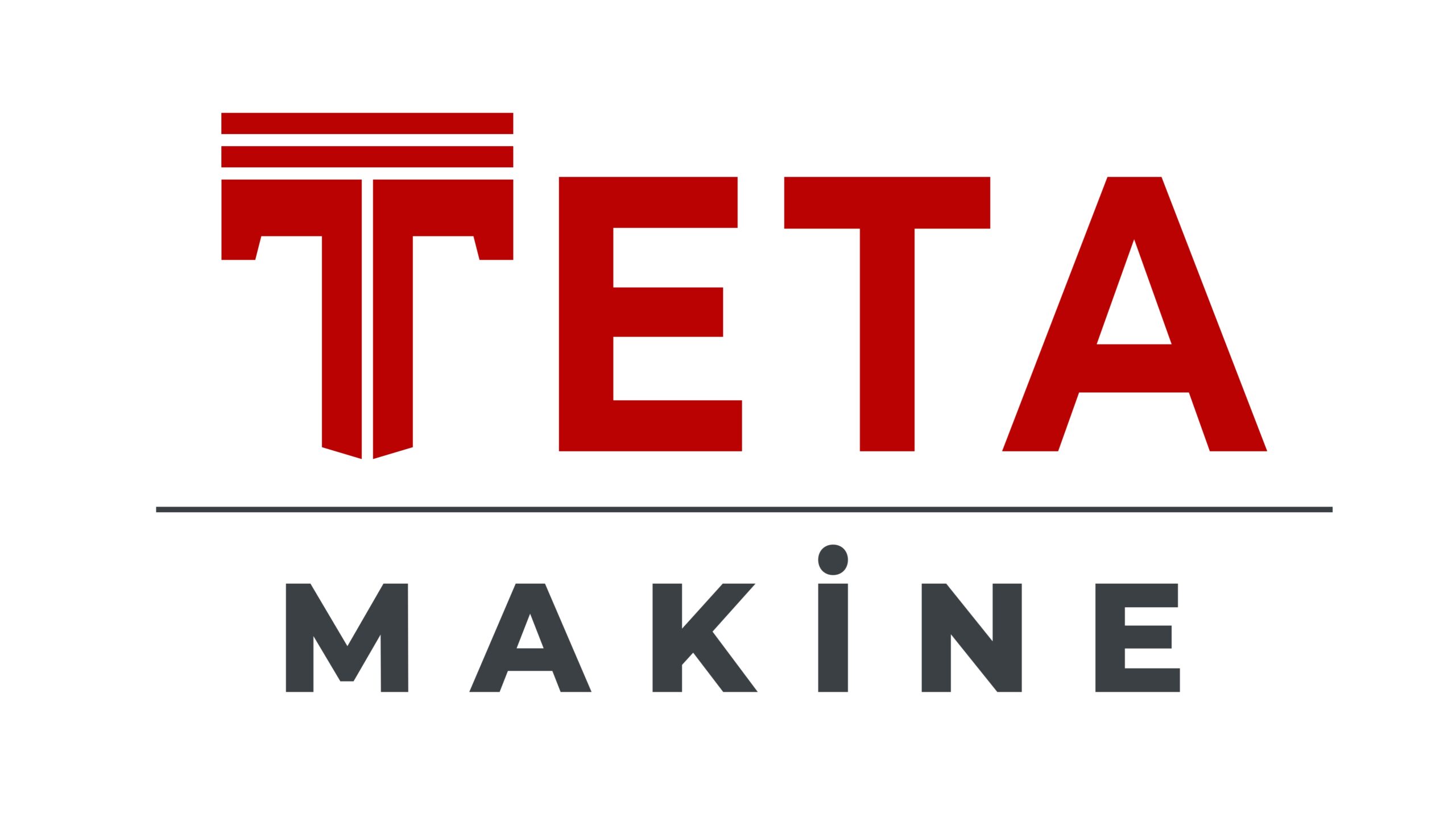We typically post revenue and expense reports, including payroll entries, throughout the month. If you have specific timing needs or grant requirements, we’ll work with you to meet them. However, we’ll ensure that your payroll transactions, including all related liabilities, are accurately recorded in your books every month. Ask your bank about your options regarding not-for-profit accounts or check out this list of best non-profit bank accounts. By implementing these systems, non-profit organizations can ensure that they are managing their finances effectively and efficiently while staying in compliance with laws and regulations. When you can confidently manage the bookkeeping for a nonprofit organization, you will be able to safeguard funding, attract more investors, and efficiently meet the needs of your nonprofit.
Best Bookkeeping Software for Nonprofits
Train staff on basic bookkeeping tasks and offer quick reference guides. Outsource complex accounting to professionals when needed, such as our catch‑up bookkeeping package that restores order fast. Bank feeds import transactions https://nyweekly.com/business/accounting-services-for-nonprofits-benefits-and-how-to-choose-the-right-provider/ directly, and rules categorize them instantly. Generate the three core statements each month and share them with the executive director and finance committee.
How To Do Bookkeeping For Nonprofits
- Accountants often obtain advanced degrees and CPA (certified public accountant) licenses, requiring deep technical knowledge.
- Cash accounting records income when money hits the bank and expenses when paid.
- When you can confidently manage the bookkeeping for a nonprofit organization, you will be able to safeguard funding, attract more investors, and efficiently meet the needs of your nonprofit.
- Many new nonprofits must rely on volunteers to record financial reports, so when electing a treasurer, you can look for someone with a similar background.
An audit and compliance system can help you ensure compliance and provide a framework for regular reviews of the organization’s financial practices. Nonprofit bookkeepers must create accurate invoices for vendor payments, retail sales if they have a store, membership subscriptions, tuition fees, and more. Invoices help nonprofits track funds and give donors proof of their gifts. A bookkeeper with experience in fund accounting will create detailed fund accounting reports to help your accountant file quarterly statements and perform audits.
Financial Controls and Internal Audits
You can consolidate across multiple currencies and local tax codes automatically and in minutes. With everything consolidated, you can track inter-entity transactions to improve reporting and donor-dollar traceability. In addition, as you build new global entities, you can seamlessly add them to the software. Aplos stands out for its customer relationship management (CRM) component.
Nonprofits should maintain complete and accurate financial records, including receipts, invoices, bank statements, and other supporting documents. These records should be organized systematically and easily accessible for audit and reporting purposes. Nonprofits should adhere to Generally Accepted Accounting Principles (GAAP) or the Financial Reporting Standards (FRS) specific to their country.
- Board members expect regular financial updates, and program managers need budget reports.
- Although your company is different from many other nonprofit organizations, you all have similar needs when it comes to keeping your books straight.
- Learn how to build, read, and use financial statements for your business so you can make more informed decisions.
- Budgeting is essential to nonprofit bookkeeping as it helps organizations plan expenses and track spending against revenue.
Our Bookkeeping Specialists can help you budget by fund, accept online donations & more. Each nonprofit should choose based on its unique situation, aiming to maintain accurate financial records while using resources wisely. Through professional development programs, conferences, and workshops, nonprofit accounting professionals should stay updated with the latest accounting regulations, standards, and best practices. This helps ensure that accounting practices align with industry standards and evolving regulations. Nonprofits should provide transparency to stakeholders by publishing their financial statements, annual reports, and audited financial statements on their websites or other accessible platforms.
- This helps ensure that money designated for specific projects, programs, or objectives is used only for those intended purposes, providing transparency and accountability.
- This includes maintaining records of donations, grants, fundraising events, and expenses.
- When it’s time to get an accounting professional to help, you’ll have a seamless transition.
- You have real-time access to your books and tailored grant financial statements.
- NGO (Non-Governmental Organization) accounting follows similar principles to nonprofit accounting but often deals with international funding sources and reporting requirements.
- Make sure your organization has properly established a conflict of interest policy and that staff, management, and the Board understands what constitutes a conflict of interest.
Core Nonprofit Bookkeeping Duties
- Of course, you can always generate financial statements manually, but this takes a lot of time and skill.
- Since nonprofits technically do not have owners, there is no owner’s equity shown in a statement of financial position.
- Although nonprofits enjoy tax-exempt status, they still face significant filing requirements.
- The key is to have a designated place where all donation information can be easily accessed and organized.
- Plus, give you timely financial reports and expert advice that help you carry out your mission.
- For example, when a nonprofit buys equipment or property, these assets are managed differently than in a business setting.
While tax-exempt status might be determined Accounting Services for Nonprofits: Benefits and How to Choose the Right Provider by the IRS and federal law, nonprofit status is determined by state law. Because of this, the IRS requires that you obtain nonprofit status from your state before applying for tax-exempt status. For the most part, nonprofits can apply to the IRS to become exempt from federal taxes under Section 501.
